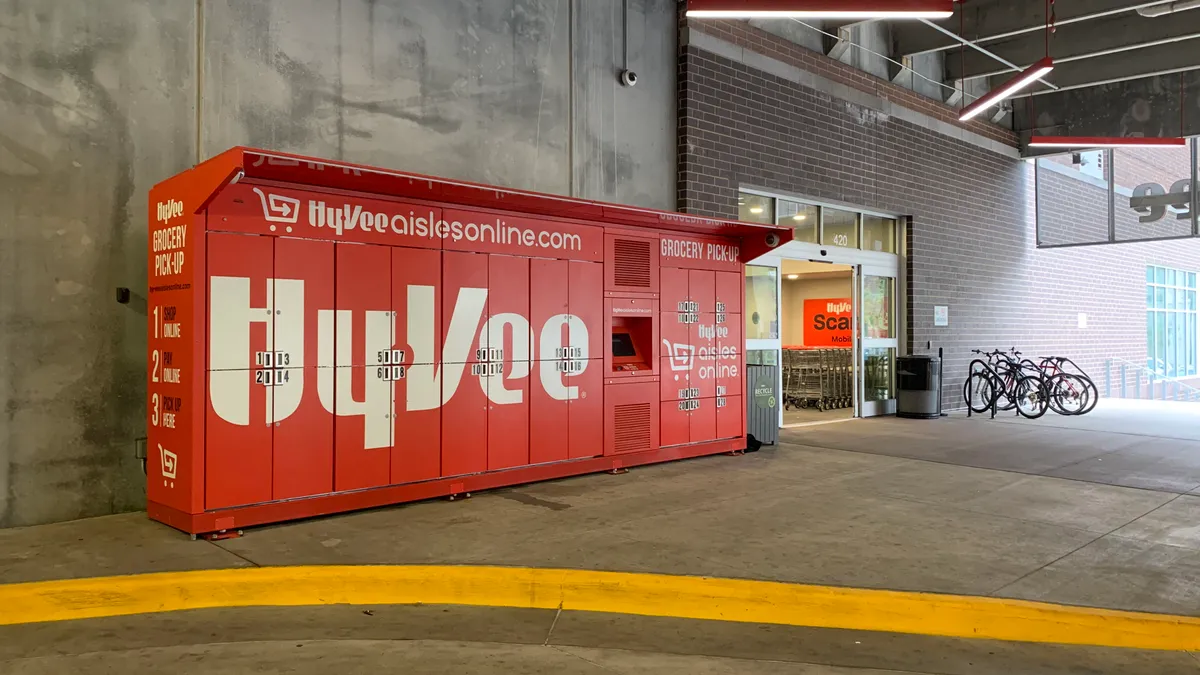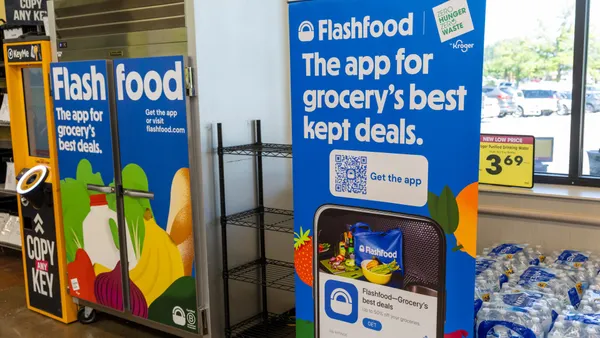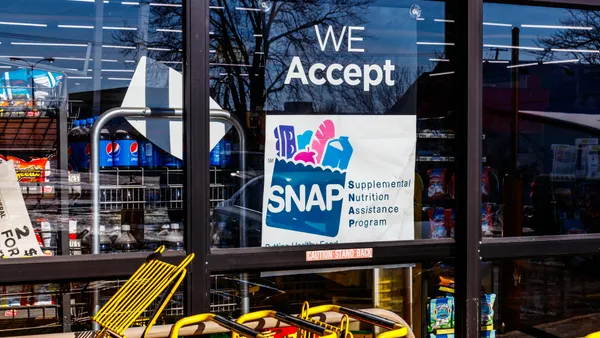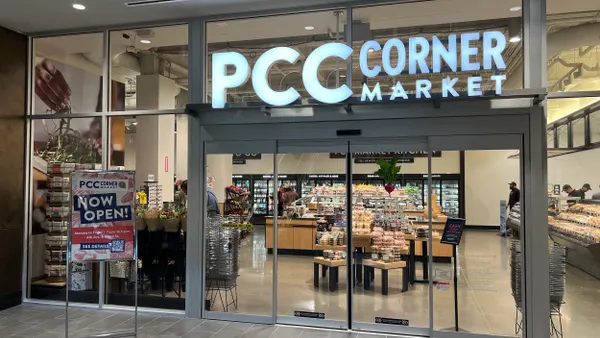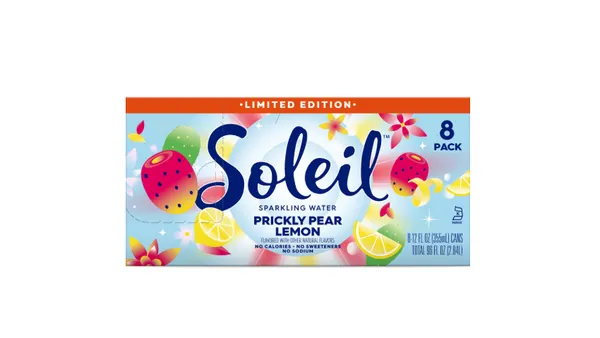Dive Brief:
- Hy-Vee announced last week a new code of conduct for seafood suppliers. The grocer said all of its seafood suppliers have signed onto the new code following its adoption in January.
- Focused on improving human and labor rights in its supply chains, the grocer’s code is aligned with several international standards, including the United Nations Global Compact and ones under the International Labour Organization.
- The code comes as Hy-Vee and other grocers ramp up sustainable seafood efforts and focus on improving worker conditions along the supply chain.
Dive Insight:
Hy-Vee said its new seafood code was created to ensure safe working conditions by its suppliers and legal and transparent harvesting and production practices.
Hy-Vee said the code builds on its seafood sustainability program that “places an equal emphasis on the protection of workers’ rights and environmental sustainability.” A supplier social responsibility assessment conducted last year found that many of Hy-Vee’s seafood suppliers already had their own “strong” policies and practices, per the announcement.
In addition to the supplier code, Hy-Vee works with its own lot inspector from the Department of Commerce, who is stationed at Hy-Vee’s Perishable Distributors of Iowa distribution facility in Ankeny, Iowa, to routinely check incoming seafood shipments. The grocer also said it has collaborated with sustainable seafood consultancy FishWise as it works on its seafood efforts.
Seafood has been a prime target for social responsibility efforts by grocers in recent years, with initiatives that include reducing plastic from the ocean, improving traceability of seafood products and switching to more sustainable fishing practices.
A number of grocers, including most recently Stop & Shop, Giant Food and Food Lion, have joined the Ocean Disclosure Project to share their insights and information on seafood sourcing. Earlier this year, Albertsons hit its Responsible Seafood Policy goal 18 months ahead of schedule by rolling out responsibly sourced sushi across its banners.
The Food Industry Association found in its seafood report earlier this year that roughly 41% of surveyed consumers said sustainable seafood certifications have a major impact on their seafood purchases, up from 29% in 2019. The report noted that 71% of consumers want to become more informed about seafood sustainability.



